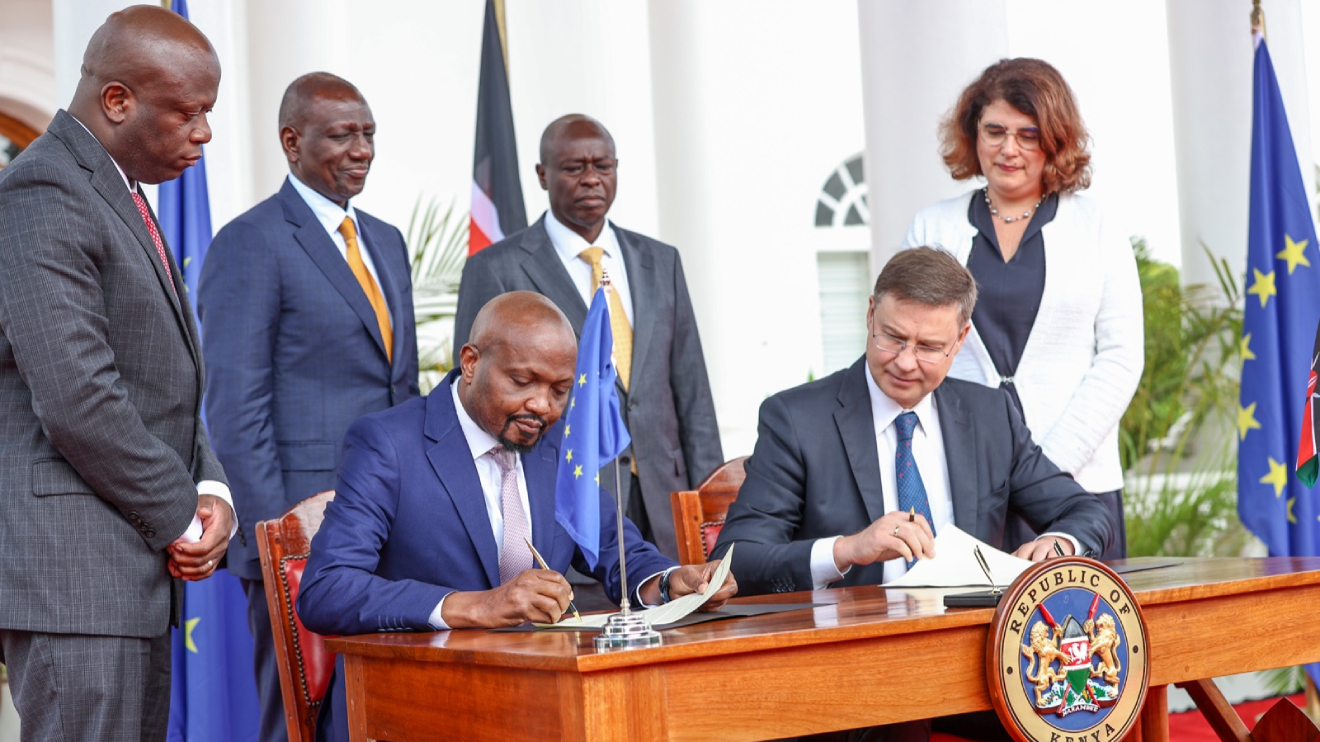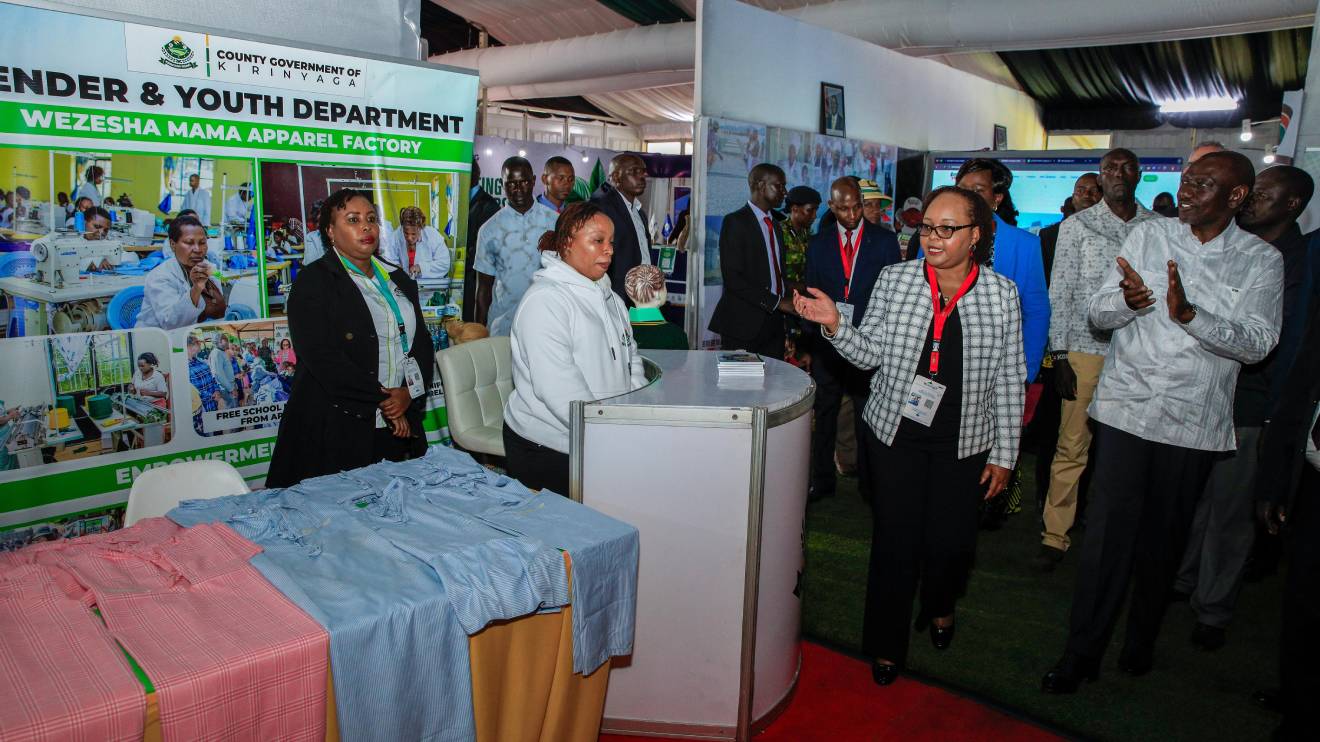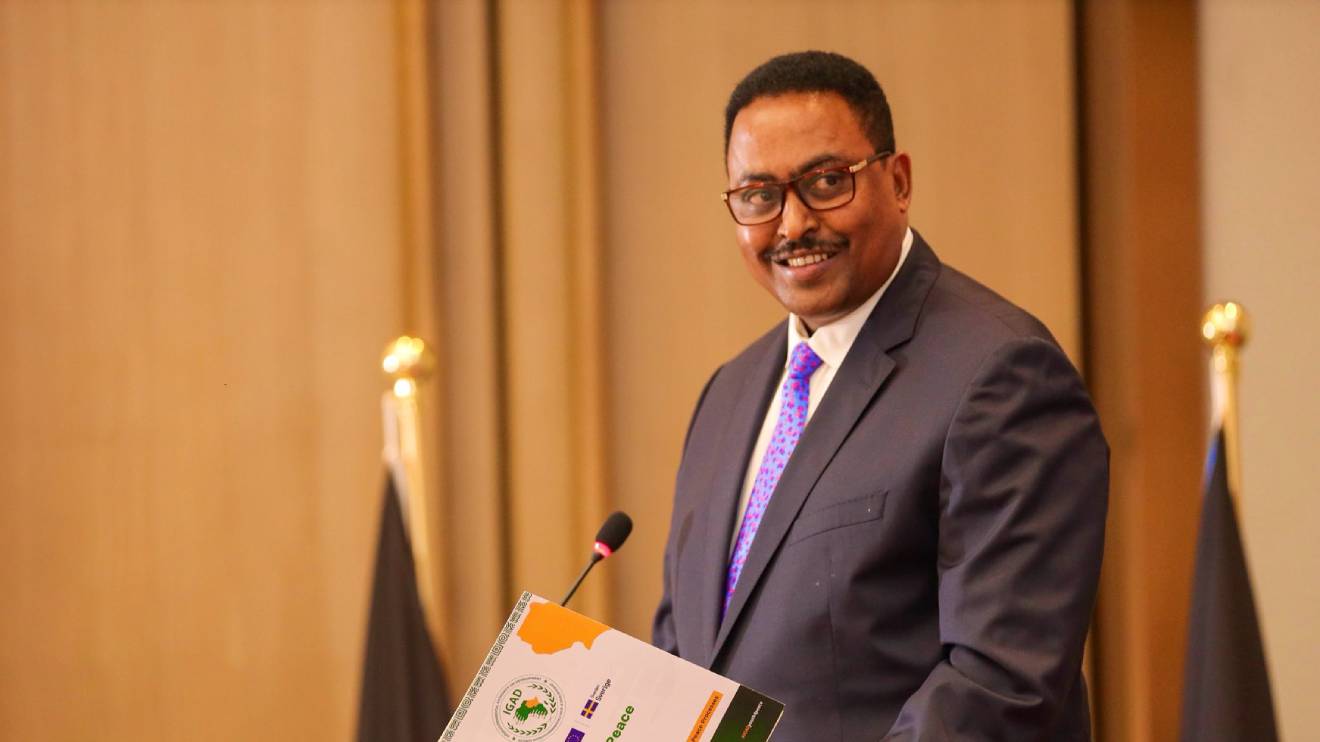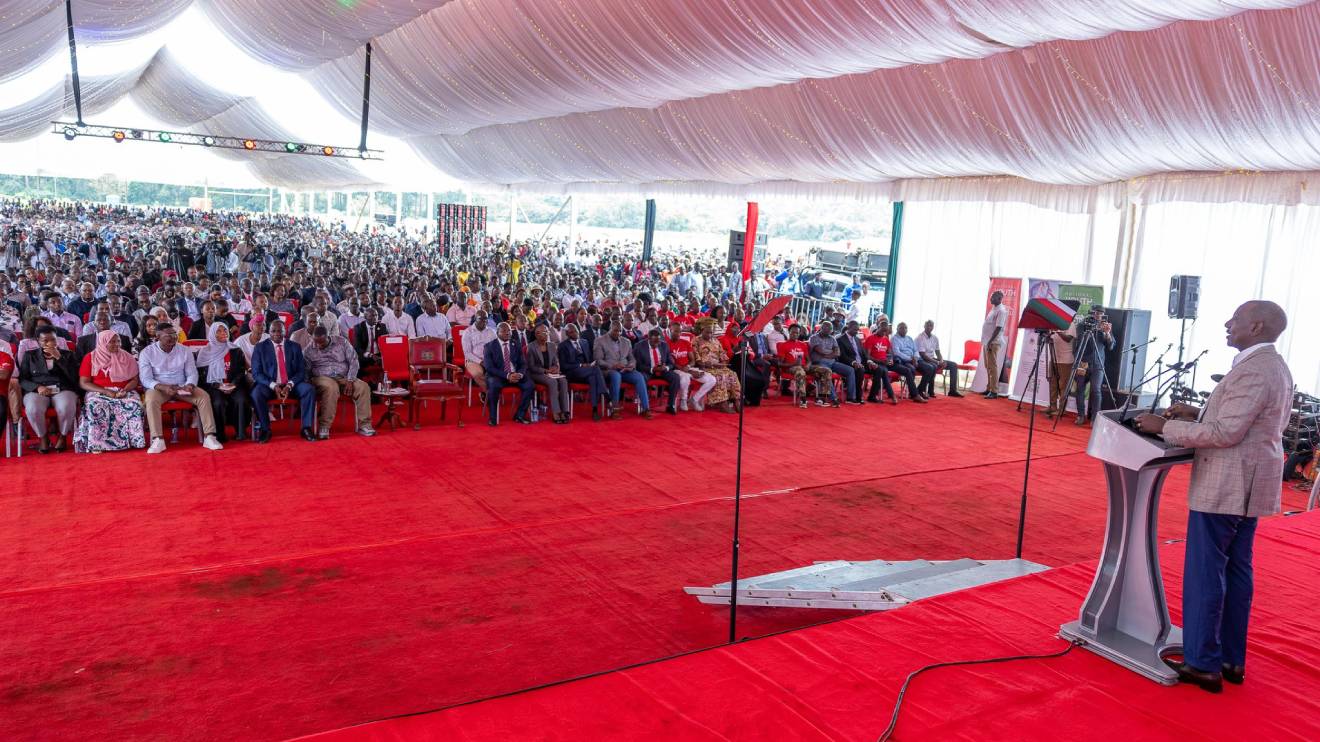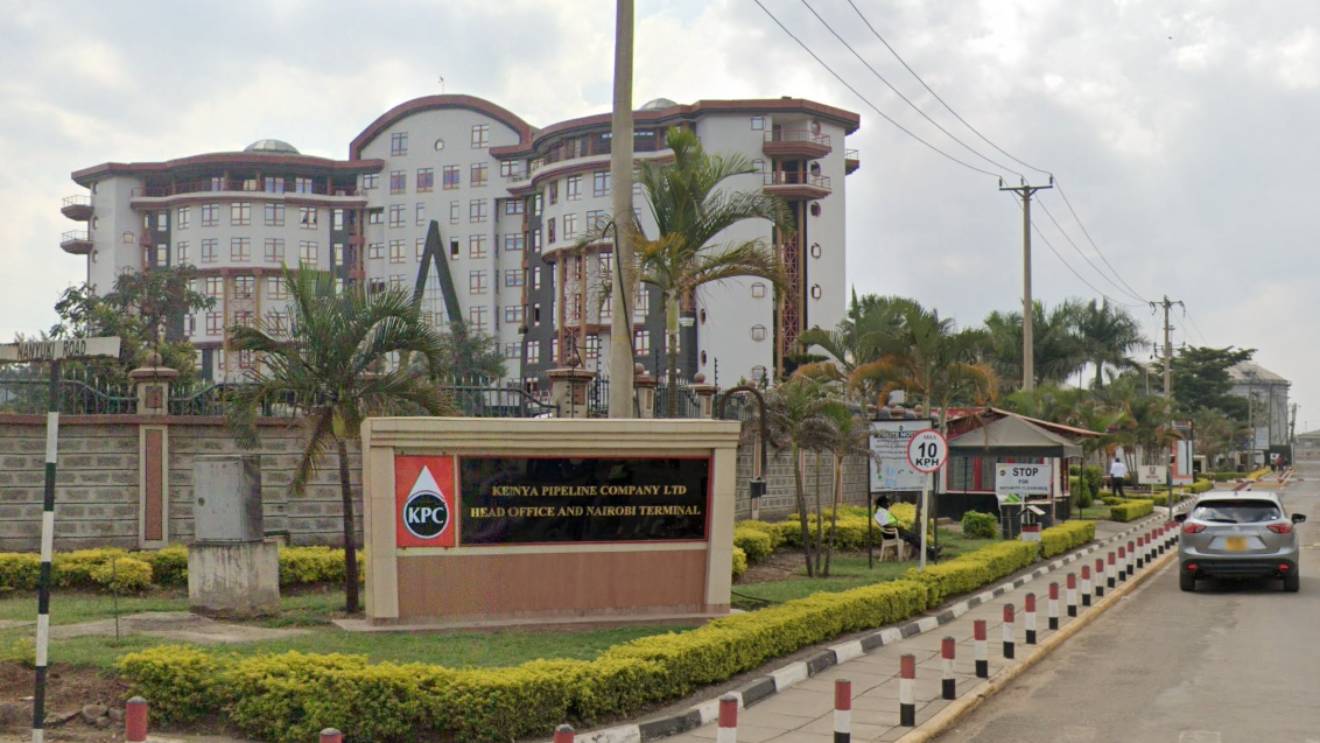The government and the European Union (EU) on Monday, during an event at State House, Nairobi, inked an Economic Partnership Agreement (EPA) spelling hope for Kenya’s sick economy.
The deal guarantees duty-free access for Kenyan goods to the expansive EU market and paves way for a significant enhancement in exports and trade between the two regions.
The EPA encompasses various Kenyan products, among them horticulture, tea, fruits, which will now enjoy preferential tax treatment within the 27-member union traversing Europe.
The agreement portends a significant opportunity for the country to expand its presence in the EU market and reflects the strong mutual desire for enhanced trade and partnership.
Speaking at the signing, President William Ruto was hopeful Kenya National Assembly and the EU will ratify the agreement to ensure its swift implementation for mutual benefit.
Read More
“It assures a stable market for industrialists and for our farmers. The agreement is also designed to stimulate investment and manufacturing,” indicated President Ruto.
Ruto further outlined Kenya's commitment to strengthening its manufacturing sector in line with the agreement's objectives.
His remarks were echoed by Investments, Trade and Industry Cabinet Secretary Moses Kuria.
“We are looking forward to good gratification by the Kenyan parliament and the European Union,” stated Kuria.
On his part, EU Vice President Frans Timmermans, expressed optimism about the future prospects of the bilateral relationship to benefit both Kenya Europe Union countries.
“There is a strong appetite for boosting trade and partnership in both the two regions. We have the right platform to do so," said Timmermans.
Timmermans announced that EU had already mobilized €3.4 billion (Sh520 billion) to support more than 150 development projects in Kenya as sign of its pledge to the country.
He said the projects include renewable energy, electric car mobility and sustainable agricultural value chain, adding that EU has set aside an extra €500 million (Sh76.5 billion) to support connectivity for job creation, skills development and digital governance.
The significant agreement is expected to secures a stable market for farmers and industrialists in Kenya and open doors for an increase in investment and manufacturing.

